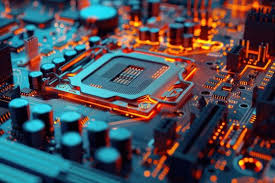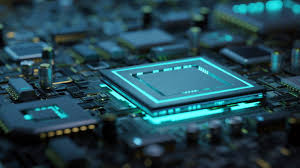Why Choose SCIHUBSS?

Cutting-edge Technology
Access to the latest tools and methodologies in semiconductor design, ensuring optimal performance and efficiency.

Innovation Hub
A collaborative environment where ideas flourish and breakthrough solutions are developed.



